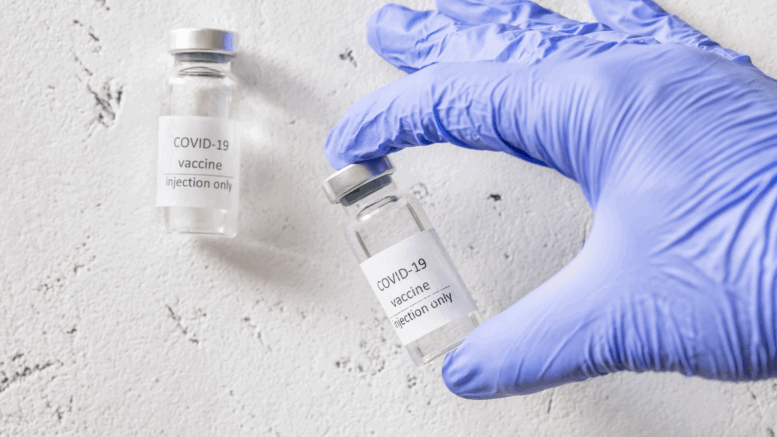A study from Ann & Robert H. Lurie Children’s Hospital of Chicago found that parents with children who were not yet vaccinated against COVID-19 were most likely to vaccinate their child after reading the following hypothetical scenario:
You hear from other parents you trust that they have vaccinated their children against COVID-19. Some of them say that they weren’t sure at first about whether the vaccine is safe for kids. But they ended up deciding that it was the best way to fight COVID-19, and the vaccination went fine. They want to keep their kids protected.
This “trusted parents” message was particularly effective among unvaccinated parents and Black parents, who tend to be the most hesitant to vaccinate their children.
In another hypothetical scenario, parents read that their child’s doctor or nurse delivered a different message that emphasized that the COVID-19 vaccine is safe and thoroughly tested in children. After reading this message paired with the “trusted parents” message, parents responded with significantly higher intentions to vaccinate their children.
Strikingly, all racial and ethnic differences in intentions to vaccine their children disappeared when parents received the “trusted parents” and “safe and tested” messages together. Findings suggest that these two messages were especially encouraging to unvaccinated parents and Black parents.
The study was published in the journal Pediatrics.
“The COVID-19 pandemic has had a disproportionately negative impact on historically marginalized racial and ethnic groups, and we wanted to understand if some message types would be better at reducing the inequities in vaccination intentions among parents,” said lead author Marie Heffernan, PhD, assistant professor at Mary Ann & J. Milburn Smith Child Health Outcomes, Research, and Evaluation Center at Lurie Children’s and the Department of Pediatrics at Northwestern University Feinberg School of Medicine. “In our study overall, Black parents were least likely to intend to vaccinate their children against COVID-19. Our findings that the ‘trusted parents’ and ‘safe and tested’ message types increased Black parents’ intentions to vaccinate their children could inform vaccination campaigns and hopefully help to effectively reach these families.”
One message type – that the vaccine was “well-tolerated” with few side effects, delivered by the child’s doctor or nurse in a hypothetical scenario – was found to be ineffective. Intentions to vaccinate children among parents who received this message did not differ significantly from the “control” message, which simply provided information about the anticipated timeline for authorization of vaccine in children.
“Our study helps clarify how different types of messages influence parents’ intentions to vaccinate their children against COVID-19. This is an urgent need because some methods to encourage vaccination, such as correcting myths about vaccines, have been shown to be counterproductive and inadvertently discourage vaccination,” said senior author Matthew M. Davis, MD, MAPP, chair of the Department of Medicine at Lurie Children’s, executive vice president and chief community health transformation Officer at the Patrick M. Magoon Institute for Healthy Communities at Lurie Children’s, and chair of pediatrics at Northwestern University Feinberg School of Medicine. “In addition to aiding public health campaigns, our findings may help guide clinicians’ discussions with vaccine-hesitant families. Given the importance of effective vaccination among children in controlling future waves of COVID-19 illness, such messages may be some of the most important communications that pediatricians are currently providing.”
Data were collected through the Voices of Child Health in Chicago Parent Panel Survey, a tri-annual survey of Chicago parents from all 77 neighborhoods in the city on topics related to child, adolescent, and family health. The survey was administered October-November 2021, when the FDA’s emergency use authorization (EUA) for COVID-19 vaccines in children 5-11 years old was still new and the EUA for COVID-19 vaccines in children under 5 years old had not yet occurred.
In this study, any parent who responded that they had at least one child who was not yet vaccinated was randomly assigned to read one of four distinct messages about COVID-19 vaccines – “trusted parents,” “safe and tested,” “well-tolerated” and “control.” Analyses were based on responses from 898 parents about 1,453 children who had not yet received a COVID-19 vaccine at the time of the survey. Parent and child demographics did not differ significantly between message randomization groups.
Source: Ann and Robert H. Lurie Children's Hospital of Chicago
